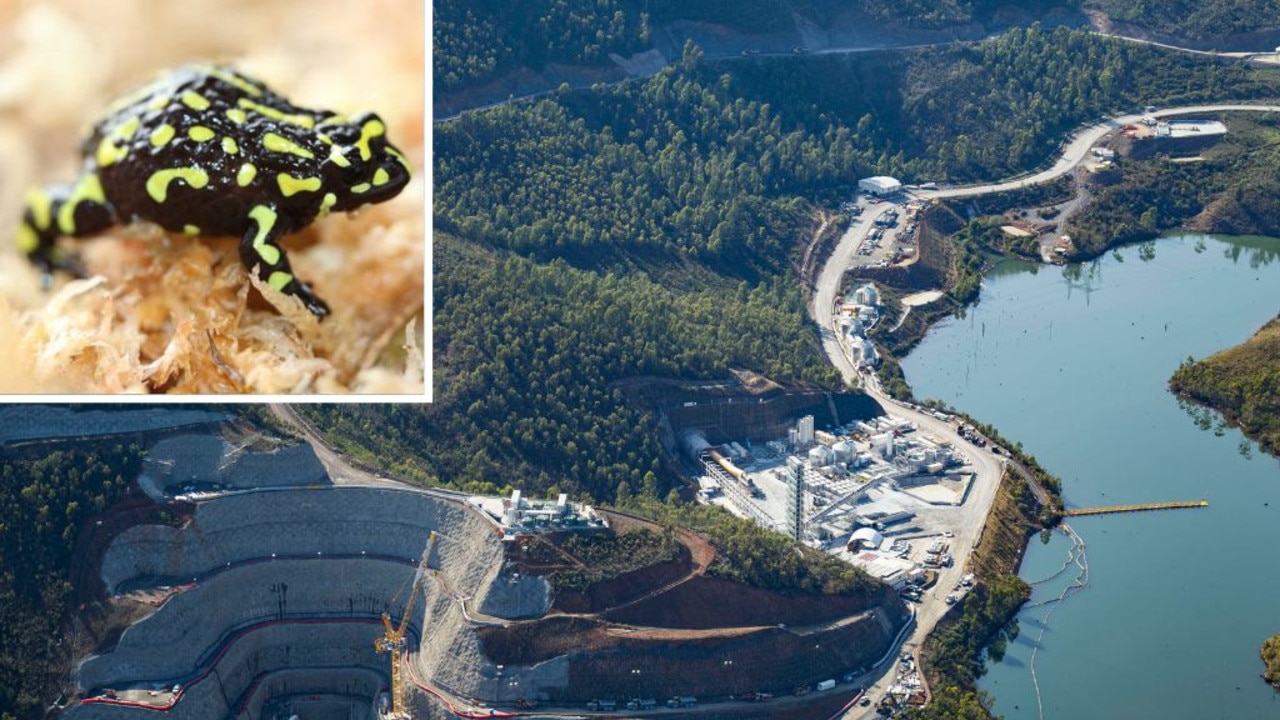Scientists link ‘climate crisis’ to wealthy populations
Global surface temperatures are not sufficient to measure climate change, scientists say.

Global surface temperatures are not sufficient to measure climate change, which should instead be tracked by a scorecard of population growth, meat consumption, forest loss and the use of air transport, a new declaration by scientists says.
A document signed by 11,000 scientists from 153 countries declared a “climate emergency” and called for major transformations in the way global society functions and interacts with natural ecosystems. In an article published in BioScience, the group said “policymakers and the public urgently needed access to a set of indicators that convey the effects of human activities on (greenhouse gas) emissions and the consequent impacts on climate, our environment, and society”.
READ MORE: US formally announces withdrawal from Paris | Why global warming slowed down | Chris Kenny writes: ABC ignores facts on climate change | Greta’s ship may have sailed
The scientists said the “climate crisis” was “closely linked to excessive consumption of the wealthy lifestyle”.
“The most affluent countries are mainly responsible for the historical greenhouse gas emissions and generally have the greatest per capita emissions,” the article said.
The scientists said profoundly troubling signs from human activities included sustained increases in human and ruminant livestock populations, per-capita meat production, world gross domestic product, global tree-cover loss, fossil fuel consumption, the number of air passengers, and carbon dioxide emissions.

Encouraging signs include decreases in global fertility rates, decelerated forest loss in the Brazilian Amazon, increases in solar and wind power, and institutional fossil fuel divestment.
Thomas Newsome from University of Sydney, a co-author of the paper, said scientists had a moral obligation to warn humanity of any great threat. “From the data we have, it is clear we are facing a climate emergency,” Dr Newsome said. He said measuring global surface temperatures would continue to remain important. However, he said a “broader set” of indicators should be monitored, including energy consumption, fossil-fuel subsidies and annual economic losses to extreme weather.
The scientists welcomed government bodies making climate emergency declarations, schoolchildren going on strike, “ecocide lawsuits” and grassroots citizen movements demanding change.
“We urge widespread use of vital signs, which will better allow policymakers, the private sector, and the public to understand the magnitude of this crisis,” the scientists said.
University of Melbourne climate science lecturer Linden Ashcroft said the summary showed clearly how much had changed in the environment, population and energy sectors in the past 40 years. Dr Ashcroft said the list of signatories to the paper included at least 350 Australian scientists, with more ecologists and medical researchers than climate researchers.




To join the conversation, please log in. Don't have an account? Register
Join the conversation, you are commenting as Logout